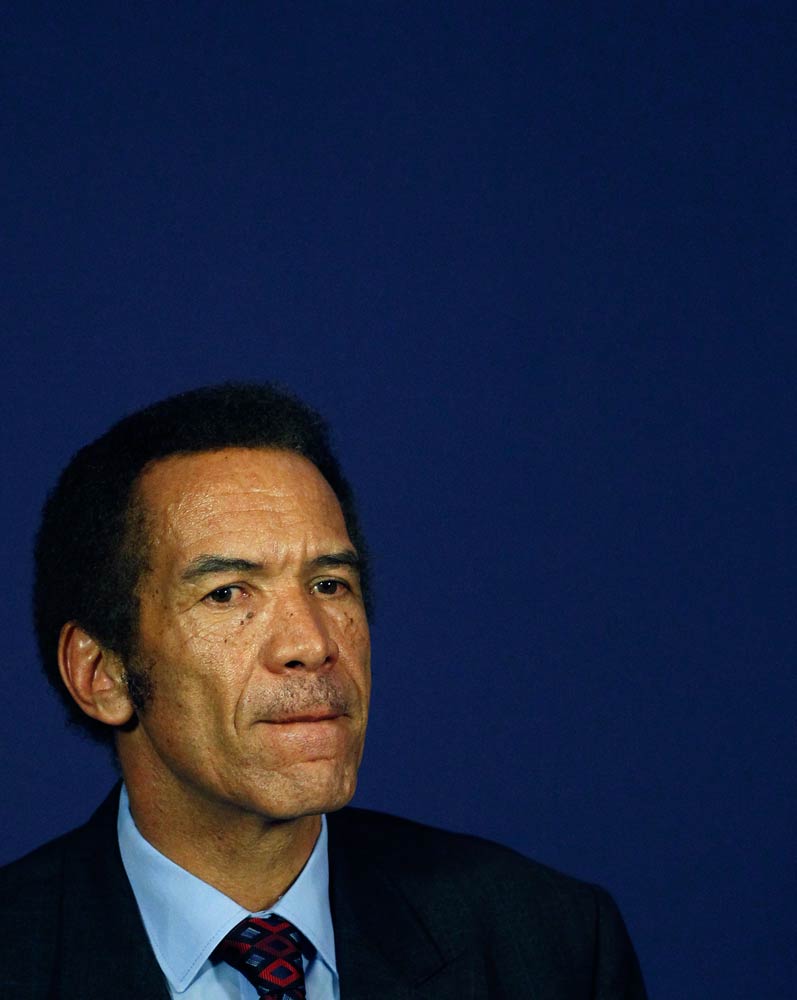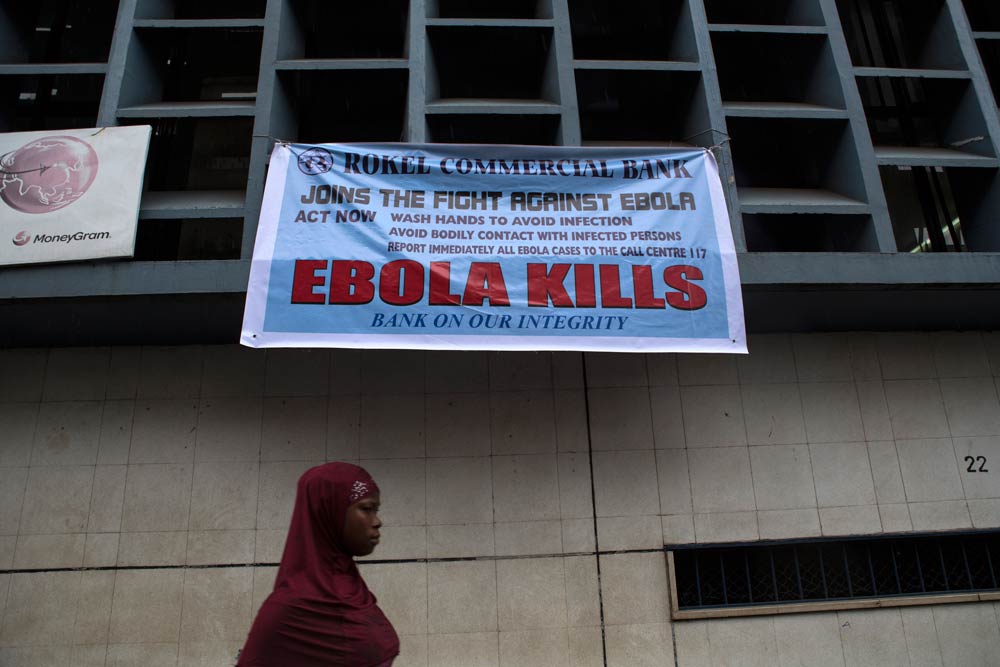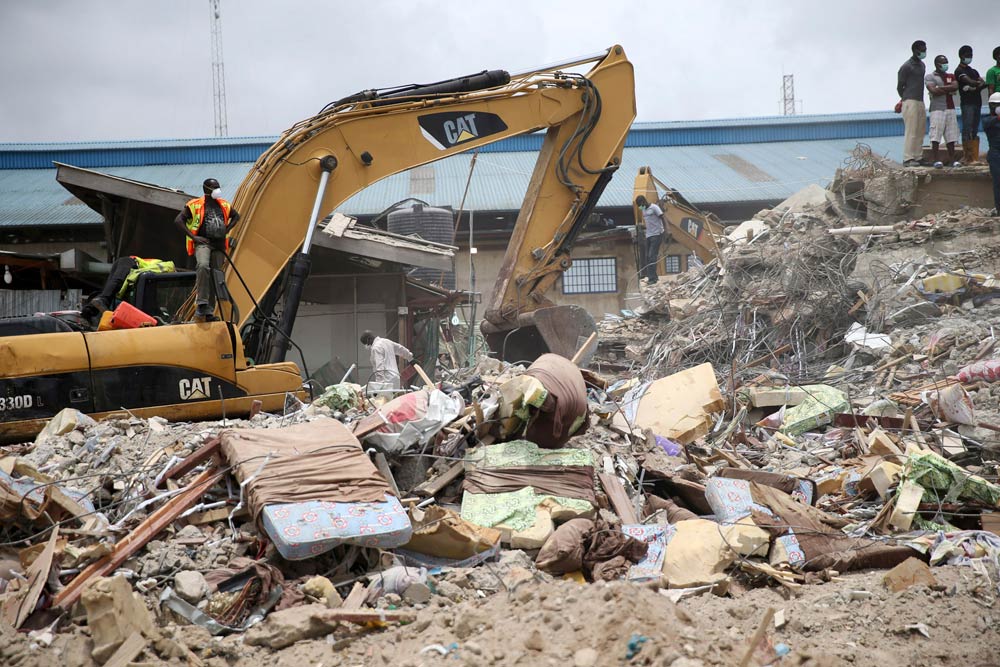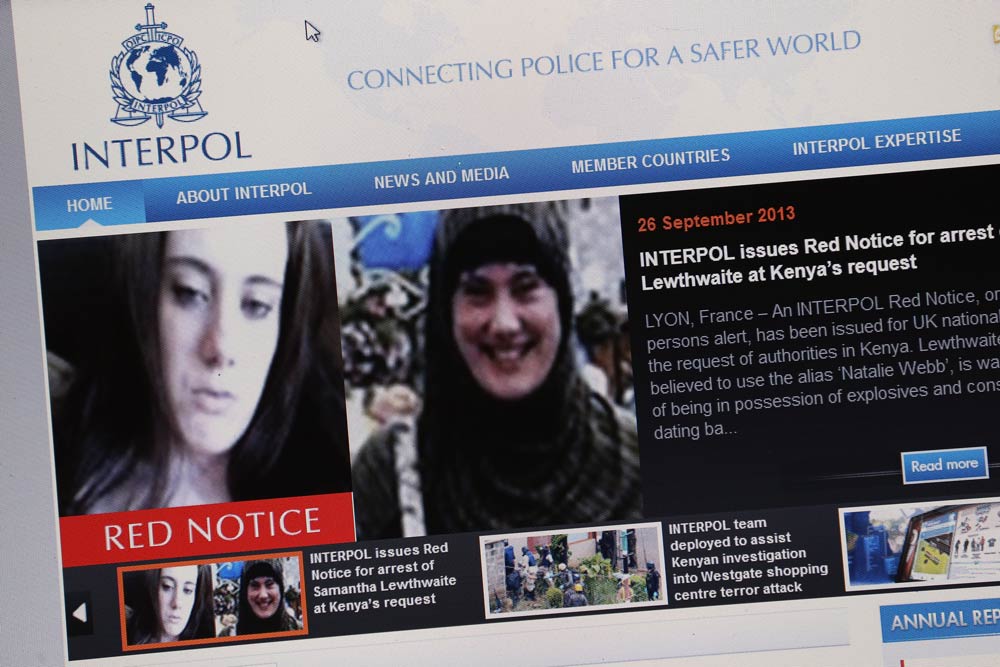Justin Mugenzi was legally cleared of any role in Rwanda’s 1994 genocide. But an oversight in the international justice system means he remains a virtual prisoner in a United Nations safe house in the eastern African state of Tanzania.
“My wife and eight children are all Belgian citizens now,” the 75-year-old former trade minister told Reuters in Dar es Salaam after submitting a third – and unsuccessful – visa application to the Belgian embassy there.
“I have nowhere else to go,” said Mugenzi.
Despite his acquittal last year by the International Criminal Tribunal for Rwanda (ICTR), based 650km further north in the city of Arusha, he is too scared to go back to Rwanda, where political rivals now hold sway.
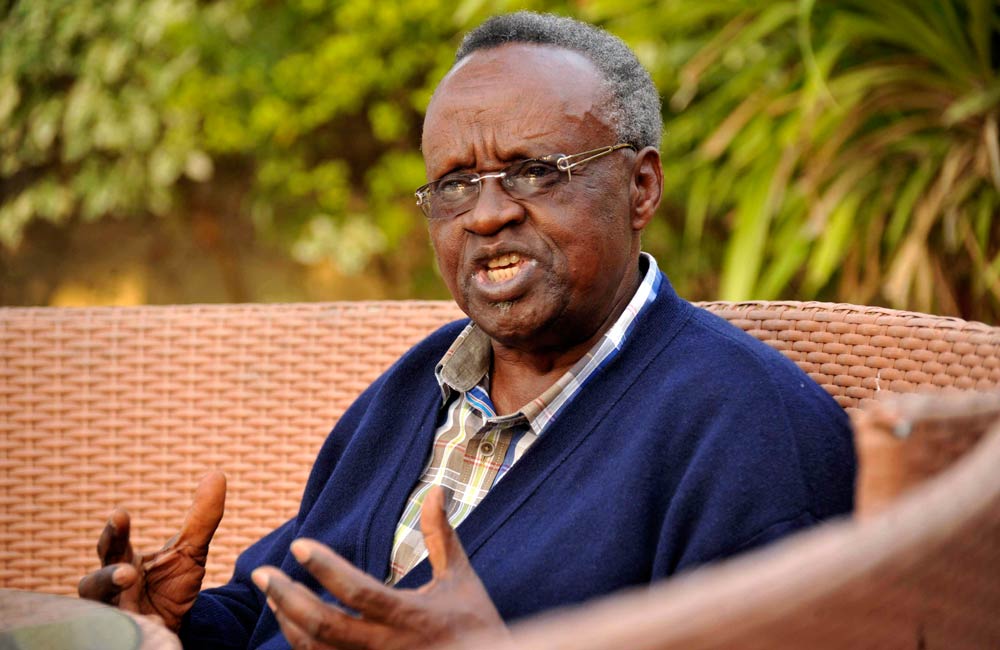
The ICTR is scheduled to hand down four more verdicts on Monday, potentially creating more such limbo cases.
The plight of Mugenzi and others like him is a setback to years-long efforts to create a system of international justice by using special courts such as the ICTR – set up to try those accused of carrying out the Rwandan genocide – or permanent tribunals with a more general remit such as the Hague-based International Criminal Court.
Backers say such courts are needed to deal with the world’s worst criminals: perpetrators of genocide, war crimes and crimes against humanity. But some doubt their legitimacy, pointing to the ICC’s patchy record in securing convictions.
The ICC’s critics say it ignores crimes in the West to focus on Africa. The collapse through lack of evidence this month of the case against Kenyan President Uhuru Kenyatta – accused of stoking ethnic violence after Kenya’s 2007 elections – was a new blow to its credibility after a string of failed prosecutions.
Arrangements exist for witnesses to resettle or for defendants to go to jail in third countries. But when the tribunals were created in the early 1990s, no one imagined that those acquitted would be either unable or unwilling to go home.
International law experts say this snag could further undermine confidence in the courts.
“How can we possibly consider a system to be fair if before the trial, the tribunal makes lots of arrangements about where to put the defendants in jail if they’re convicted but makes no arrangements at all for what’s going to happen to them if they’re acquitted?” said Kevin Heller, Professor of Criminal Law at SOAS, University of London.
Safe house
Like Mugenzi, 10 other individuals acquitted or freed by the ICTR are living in a safe house – in limbo in a country that is not theirs.
“We couldn’t leave these men on Arusha’s sidewalks, with their small suitcases, no pocket money and not the slightest idea of where they would go,” said Pascal Besnier, chief of the judicial and legal affairs section at the ICTR.
But what was intended as a temporary solution when the first acquittal was handed down in 2001 is still in place. Only six men have been resettled – in France, Belgium, Switzerland and Italy. The safe house’s longest-standing resident has been there for over 10 years. This month, an acquitted former general joined his family in Belgium – the first to leave since 2010.
Tanzania tolerates their presence under UN surveillance but other countries are not keen to welcome them. Francehas taken in two and believes others should now step forward.
In the well-appointed safe house in Arusha, where the ICTR’s registrar used to live, acquitted and freed prisoners share meals and do the chores. They are allowed to travel around but they often stay in. “Why would we go to town?” one resident asked. “We can’t work or study.”
Each resident costs $1 500 a month including rent, telephone, cooks, guards and other outgoings. The house, paid for by the United Nations and guarded by Tanzanian police, is almost full even before Monday’s fresh set of verdicts.
In a statement to the ICTR, Kigali said it would welcome the acquitted and respect the ICTR’s verdicts.
“The official position of the Government of Rwanda … is of respect for decisions of courts, including the ICTR, irrespective of whether the Government, Civil Society or any other person or body perceives them to be less than fair”, said the Ministry of Justice.
But after Mugenzi and his family fled Rwanda 20 years ago, he has nothing to return to. He fears for his safety in a land where his acquittal was condemned at public demonstrations.
“They’re very high profile people,” said the ICTR president, Judge Vagn Joensen. “We can’t force them back.”
Some of them have “well-founded fears” of going back, said Human Rights Watch senior Africa researcher Carina Tertsakian, adding that they risked being prosecuted on other charges.
“It may well be that those people have a case to answer but our concern has to do with whether the process of justice would be fair,” she said.
Contacted by Reuters, Rwandan Justice Minister Johnston Busingye denied there would be any attempt to make them face similar charges if they returned.
“I can assure you that nobody would say, ‘Now they have survived conviction for genocide I am going to hit them with genocide denial or ideology or divisionism’ – nobody!” he said.
Anti-immigrant sentiment
Applying for refugee status is a long shot for them. Having been accused of the worst crimes is often enough for an application to be rejected. The Western countries in which they have families are increasingly reluctant to receive them, not least because of a rise of anti-immigrant sentiment that has accompanied Europe’s protracted economic downturn.
“The potential public reaction might be quite an issue,” said Belgian Justice Ministry official Adrien Vernimmen.
According to the ICTR statute, states must assist the tribunal, including in the arrest and detention of defendants. But it does not mention the relocation of acquitted individuals. Neither does the Rome statute, which created the International Criminal Court (ICC).
Yet, with only two convictions and one acquittal so far – all being appealed – even the ICC is already facing this issue.
Mathieu Ngudjolo Chui, a former Congolese militia leader acquitted in 2012 after prosecutors failed to prove he ordered atrocities in eastern Congo in 2003, has lodged an asylum request in The Netherlands saying he will be persecuted after he testified against Congolese President Joseph Kabila.
ICC officials play down the issue. “So far there is one acquitted person. He didn’t want to go back but nothing tells us that that will be the norm for the future,” said ICC registrar Herman von Hebel, adding he was sure Ngudjolo could return.
Yet, the problem could come up in future. If acquitted, would former Ivory Coast President Laurent Gbagbo want to return to a country led by his rival Alassane Ouattara and where his wife, who also faces ICC charges, sits in detention?
Experts fear this could hurt the image of international criminal justice, already criticised for its alleged slowness, selectivity and alleged shortcomings of its prosecutions.
“It is a human rights issue that the international community, through the UN, takes over criminal proceedings and then doesn’t complete the work and reinstate people who have been acquitted by our system,” said the ICTR’sVagn Joensen.
Von Hebel said he was confident the ICC would be able to build a wider network of states willing to help in the future. But international tribunals, by definition dependent on states’ cooperation, have no means of forcing them to comply.
With the ICTR due to close next September, observers wonder what will happen to the remaining residents of the safe house. The tribunal says it will find a solution for the time being.
“As long as those people have not found homes elsewhere, we will try to continue helping them,” said judge Theodor Meron of the ICTR.
In the longer term, says David Donat Cattin, secretary general of Parliamentarians for Global Action, a network of international lawmakers, it boils down to political will.
“Governments are very lazy,” he said. “They are ready to support the court when there is an anniversary, but when they have to do concrete things, they are very reluctant.”

